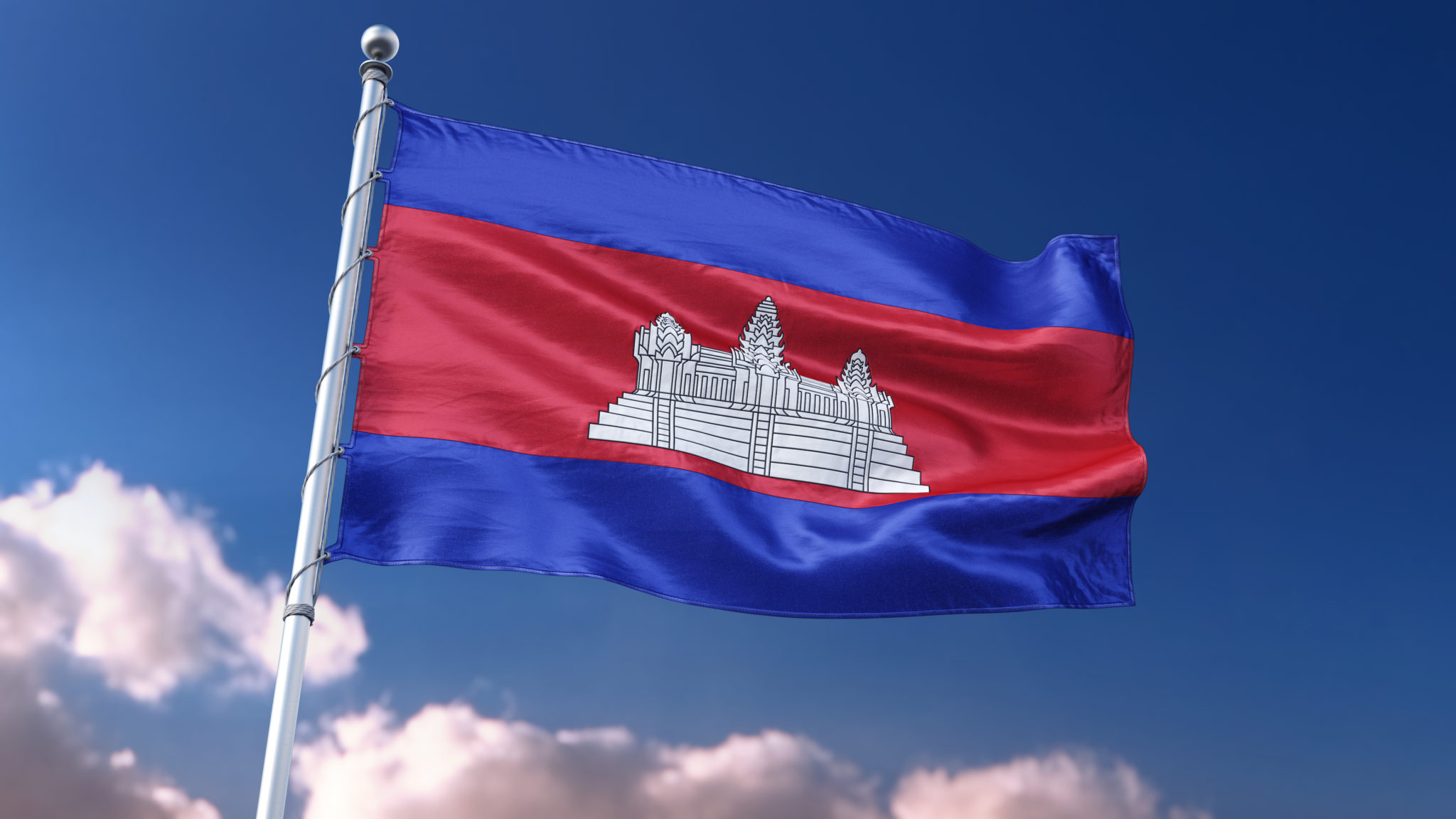Cambodia has been added to a watchlist of countries that have seen a rapid decline in civic freedoms. Repressive laws are routinely misused to restrict civic freedoms and criminalise human rights defenders, trade unionists, youth activists, journalists, opposition politicians and other critical voices. Prime Minister Hun Sen has also used the COVID-19 pandemic as a pretext to further tighten his grip on power by enacting a draconian state of emergency law that severely restricts fundamental freedoms. According to human rights groups there are currently more than 50 political prisoners behind bars. There are also serious concerns around the escalating climate of repression against the opposition ahead of elections in July 2023.
The new watchlist is released by the CIVICUS Monitor, an online platform that tracks the latest developments to civic freedoms, including freedom of expression, association and peaceful assembly, across 197 countries and territories. Other countries included on the list are Iran, Peru, Sudan and Zimbabwe.
In November 2022, woman human rights defender and trade union leader Chhim Sithar was detained by immigration police at Phnom Penh International Airport on returning to Cambodia for allegedly violating her bail conditions. She was subsequently sent to pre-trial detention and has been denied bail. Sithar is the President of the Labour Rights Supported Union of Khmer Employees of NagaWorld (LRSU) – a workers’ union of Hong Kong-owned casino NagaWorld. She and eight other LRSU leaders and members face up to two years in prison on charges of ‘incitement’ – a vaguely worded provision often used to criminalise activists – for an ongoing strike that began in December 2021 around mass layoffs. The authorities have systematically harassed striking workers and used COVID-19 measures to justify its crackdown on protesters.
Cambodian human rights defenders and activists continue to face repression. Highly politicised courts mean that those arbitrarily detained and charged are often held for prolonged periods in pre-trial detention. In November 2022, the Supreme Court upheld a five-year jail term for five current and former workers of the Cambodian Human Rights and Development Association (ADHOC), on bribery charges that human rights groups believe to be politically motivated. In January 2023, the authorities ordered that a music video by a rapper that recounts a deadly government crackdown on a 2014 workers’ protest nine years ago be removed from a social media page and questioned activists around it.
Press freedom continues to be at risk in Cambodia with radio stations and newspapers silenced, newsrooms purged and journalists prosecuted, leaving the independent media sector devastated.
“The misuse of the criminal justice system to harass and prosecute human rights defenders , unionists and journalists highlights the democratic regression in Cambodia. These actions are inconsistent with the country’s international human rights obligations and reinforces our concern about the systematic attack on civic space in the country,” said Josef Benedict, Asia Pacific researcher for CIVICUS.
CIVICUS is also concerned about the ongoing criminalisation and threats against the opposition ahead of the general elections. Hundreds of activists and supporters from the banned Cambodia National Rescue Party (CNRP) have been arbitrarily arrested and detained and have faced politically motivated criminal charges. In December 2022, 36 opposition party leaders and activists were convicted of ‘plotting’ under Article 453 of the Criminal Code for allegedly assisting attempts by exiled members of the opposition movement to return to the country. This was the fourth verdict in five mass trials that have been initiated against a total of 158 leaders and supporters of the former CNRP since November 2020. Hun Sen has also gone after high ranking members of the opposition Candlelight Party, and also threatened to dissolve opposition parties and seize their properties.
“The criminalisation of the opposition in the last five years and recent efforts to harass and undermine new political parties during the commune elections are precursors of what the Cambodian people can expect from the upcoming national elections. Holding free and fair elections will be virtually impossible in this repressive climate. The international community must do more to halt this assault on democracy and ensure that Cambodians can exercise their political rights without fear”, said the regional human rights group FORUM-ASIA
Cambodia is currently rated ‘Repressed’ by the CIVICUS Monitor. There are a total of 50 countries in the world with this rating (see all). This rating is typically given to countries where civic space is heavily contested by power holders, who impose a combination of legal and practical constraints on the full enjoyment of fundamental rights (see the full description of ratings).



